Andrew Rule: Parents of son caught up in Melbourne’s youth crime wave fear he’ll die before he’s old enough to shave
After their son allegedly drove a stolen car straight at police, it is a measure of this couple’s desperation that they see jail as their child’s best chance of surviving the drug-fuelled lunacy that took over his life, and theirs.
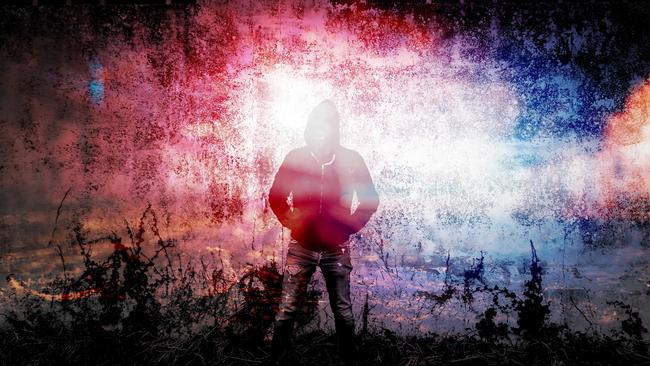
Andrew Rule
Don't miss out on the headlines from Andrew Rule. Followed categories will be added to My News.
Just when the kid’s parents thought it could get no worse, it did. Last Monday morning, when he should have been at school, the couple’s youngest son allegedly drove a stolen car straight at police trying to arrest him.
It could have killed officers just doing their jobs – people entitled to get home to their families after their shifts. Or it could have ended in a police shooting like the one that killed another uncontrollable teenager, Tyler Cassidy, in Northcote in 2008.
This boy cannot be named because he is still years away from facing adult courts. And so his parents also must not be identified.
When he allegedly charged the police car, flicking the wheel at the last second to crash through someone’s garden fence and escape, his fearful parents thought it was the last straw.
But he was arrested that afternoon and by Wednesday the parents’ anguish was tinged with relief – and not just because he had not actually hurt anyone or himself.
They were relieved because their son’s driving would force the courts to take his latest alleged offending seriously enough to lock him up for months.
It is a measure of the couple’s desperation that they see jail as their child’s best chance of surviving the drug-fuelled lunacy that took over his life, and theirs, last year.
In a matter of weeks, their little boy spiralled out of control, into a vortex of drug use and anti-social, self-destructive and potentially lethal thrillseeker behaviour.
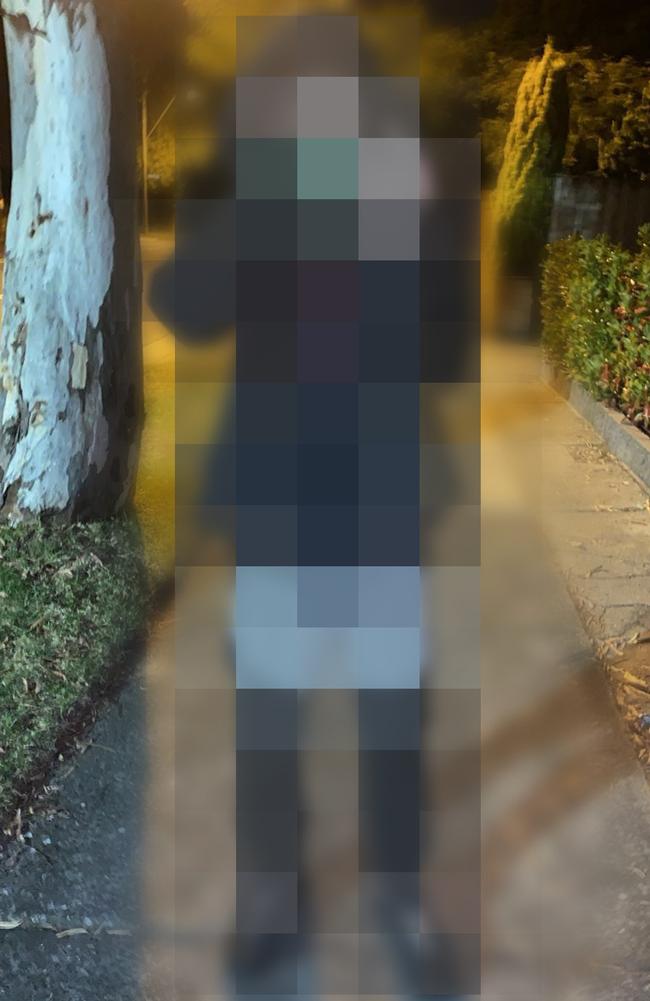
Looking back, they see a sliding-doors moment gone wrong, rather than some inevitable downward slide for the friendly and easygoing youngest of their children.
They had moved him from a school where he was not doing well in 2023 to another where they hoped he would benefit from what his mother calls “a more hands-on learning program”.
And he might have flourished there except for the one thing that no parents can predict about a classroom of kids, let alone a school: that is, exactly who is in it, and what effect even one person might have on an impressionable teen in the throes of puberty.
Their son immediately found the bad apple in the barrel, or perhaps the other way around; he fell in with a troubled boy who introduced him to drugs and a circle of “friends”, all bad influences.
Looking back, the teen’s mother kicks herself for ignoring a warning from the other boy’s mother, who told her: “You might want to keep him away from my son; he’s in a bad place.”
The other mother was obliquely referring to drugs: potent skank weed, MDMA and, inevitably, ice. But this mum’s instinctive and upbeat friendliness caused her to welcome the other boy to her home despite misgivings she suppressed until it was too late.
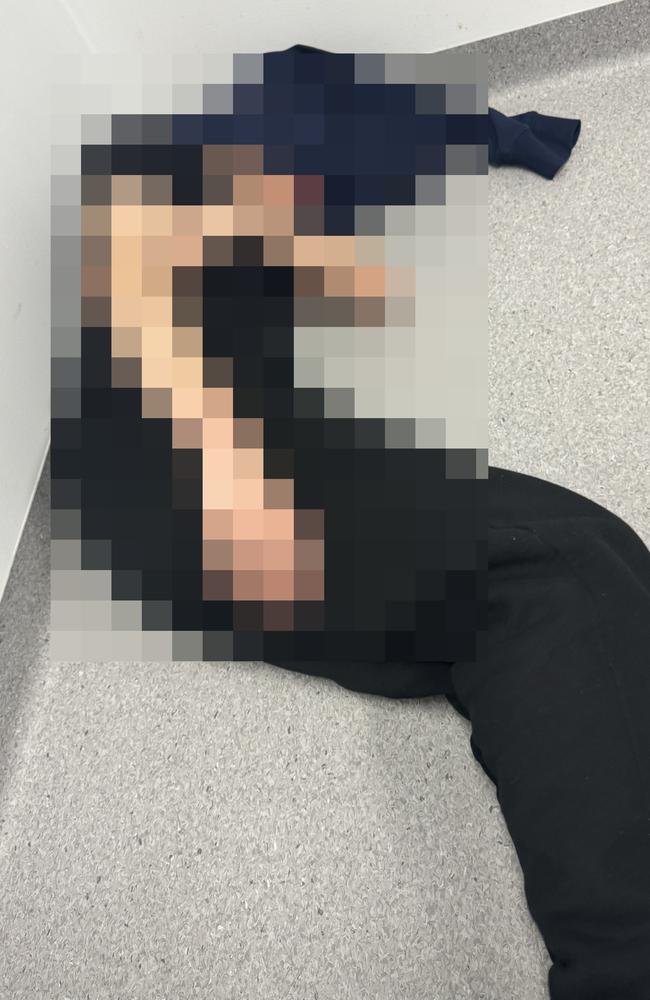
Within weeks, her “cruisy”, sunny-natured baby of the family turned into a rampant delinquent, running with armed and potentially dangerous ice addicts.
He ran away from home and stole his first car within a few weeks. Then he and others turned up at the family house and rammed the front gates in the stolen car at 7am one day.
The boy’s father had gone to work and his mother was home alone with her daughter.
“They were yelling my name,” she says. “They threatened to kill me because I’d snapped that phone of his. I told my daughter to call triple-0 and to bring me a big kitchen knife and the baseball bat we keep beside the bed.”
The gang fled in a stolen car before the police arrived but mum was rattled. The family moved out of home for a month because of the constant threats. Her daughter required treatment for problems triggered by the terrifying incident.
Amazingly, or perhaps wisely, the mother later patched up her relationship with the boy so that he calls her when he’s in trouble. She wants to be there when he’s brought in to police stations and to court – but not to “defend” him from punishment.
“I tried to say to him, and I say it over and over again, every person’s car you steal, every house you go into, you’re hurting someone like you,” she says.
“You’re not physically hurting them. And I don’t believe he would physically hurt anyone. But you’re hurting them. You’re giving them trauma.”
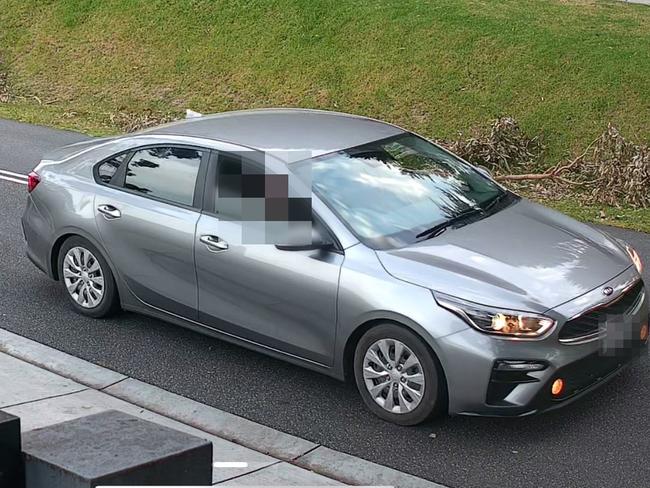
She’s on the law’s side and praises police and magistrates who treat her humanely. But she wants the system to punish her son promptly and properly to keep him away from the nightly danger of the street.
She fears he could die violently unless he grasps reality and pulls out of the self-destructive cycle before he crashes.
Literally crashes, that is, in one of the mad high-speed chases that he and crazed peers deliberately stage because they know the legal system either releases them like undersized fish or gives the worst offenders a short “holiday” in juvenile detention.
Just last summer, the parents would have been horrified that a child of theirs might be locked up with bigger, older offenders. Now they welcome detention as a respite from the danger of aggravated burglaries and stealing cars.
“When he’s in, I know he’s safe and I know where he is,” says the boy’s mother.
“So back in those early days, I wanted him in (detention) to stop him doing these crimes and stop taking people’s cars and for him to have consequences.
“There were just no consequences to anything he was doing. And finally, he did get remanded for a two-week stint. And I was just devastated. I cried and cried and cried. I couldn’t believe he was, you know, after all of this, that he was actually going to go in.
“Unfortunately, when they go in, half of their friends are in there. So it’s not really a bad place in their eyes. They catch up with everyone. And the magistrate we had the first time … she said to me, unfortunately it’s one of the worst places for them to be, which it is. I agree with that. She said, for every person they meet in remand it’s potentially another 20 new crimes on the outside when they all get back together.”
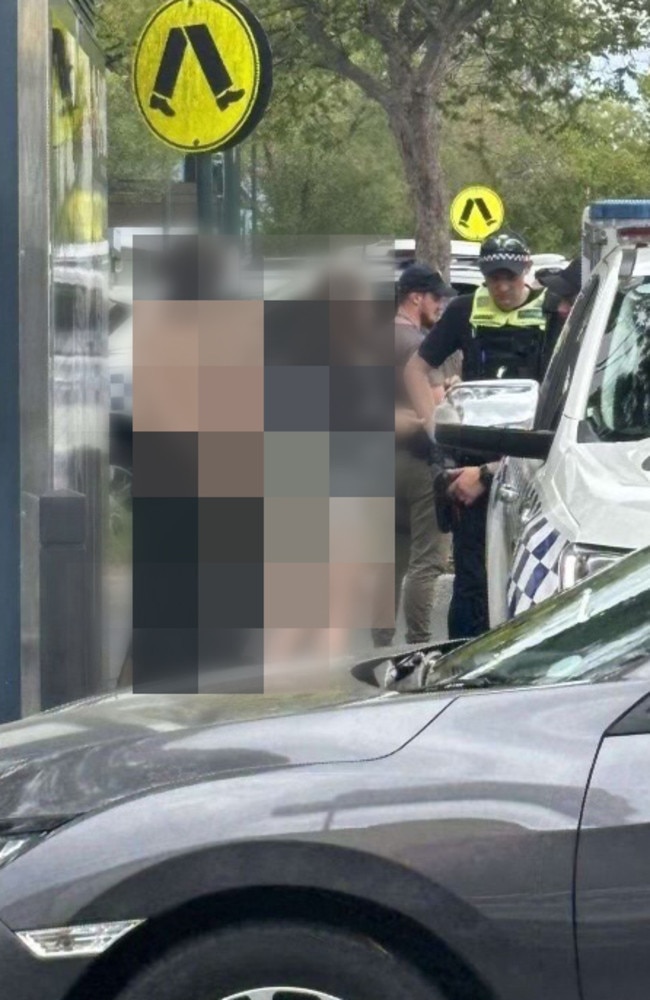
The troubled boy’s parents each run their own businesses. Judged by the usual markers, they are a prosperous, hardworking, decent family. A suburban success story. Dad has a new ute. Mum drives a high-end electric vehicle. They live in a big house in the outer east and donate time and money to good causes. The other “kids” all do the right things.
Every year the loving parents take their kids on an overseas holiday. Or they did until their world crumbled over the past year.
It was when their youngest ran away from home to join drug-using, car-stealing, machete-wielding “agg burglars”, his family got their first taste of a blundering and blind welfare system.
To their horror and disgust, the system sided with him against them, apparently unable to pick the difference between abused teenagers and an abusive teenager.
This is what happened.
Alarmed and angered by her son’s stupid choices, the mum took his mobile phone (which she actually owned) and broke it to ensure he was not in constant contact with the influences wrecking his life.
But her decisive action meant some well-meaning busybody at his school reported her to Child Protection Services, who placed the boy in a residential care unit to keep him “in a safe place” away from his family.
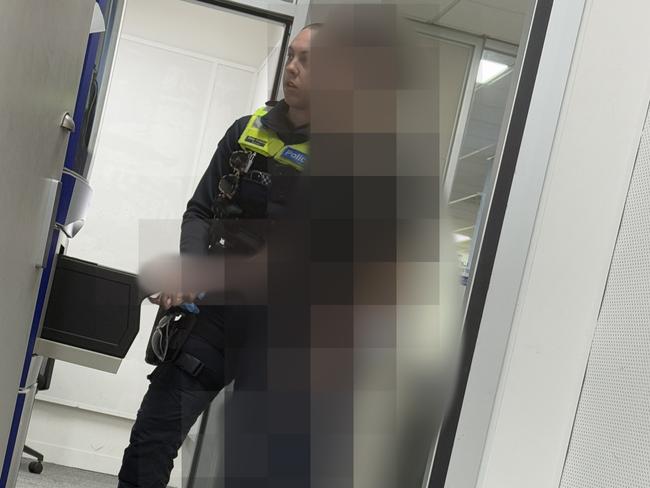
The parents believe this ham-fisted intervention probably encouraged the boy’s defiance exactly when he needed his family to close ranks around him.
When he stole his first car, it was an initiation to a roster of escalating crimes. The kid who’d never much liked school had found something as addictive as the drugs he used. It’s adrenalin. When combined with applause from a peer group, it’s as potent as any chemical. And can be lethal.
First he accompanied others on stealing raids before graduating to driving.
High-speed chase followed high-speed chase in a spiral that scared and exhausted his parents and left their other children bewildered and angry with their brother.
Car thefts meant, of course, that the kid and his mates were doing “agg burgs” to get the keys to performance cars to “sell” to underworld Fagans and Shylocks who exploit stupid kids willing to take crazy risks to feed their addictions.
“He stole a brand new BMW for three points of ice,” his mum says bitterly. But it’s not just about ice.
“He told me he’s addicted to crime. One night he rang me and said he’d stolen a little Kia that nobody wanted to buy and he said he was going to torch it.
“I screamed at him and said ‘Don’t you dare! That is someone’s car that they paid for and need.’ Thank God the police got him before he burnt it.”
The kid wasn’t home for his mum’s birthday. He wasn’t home for his own birthday, nor for any of the other family birthdays during the year.
In October, the mother got a call from Wonthaggi police in South Gippsland to say they had found her son’s shoes and phone at an aggravated burglary scene.
He’d jumped from a first-floor veranda when the owners woke and caught him trying to rob their double-storey house. He fractured a wrist but it could easily have been his neck or his back.
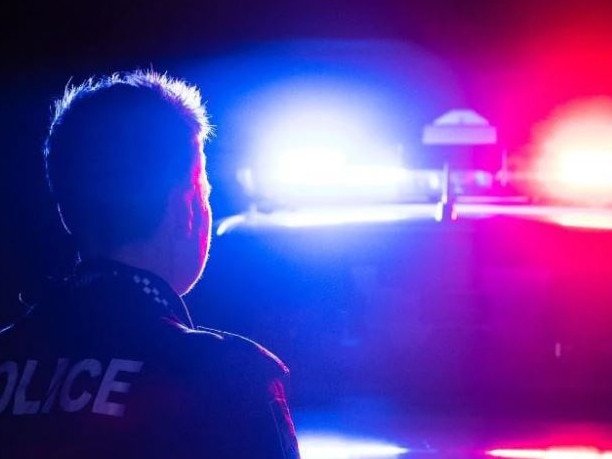
The potential for death or injury in “agg burgs” horrifies his parents. Their boy claims he has never carried a machete and promises he would never hurt anyone, but they know that even if that’s true, his mates do carry machetes and might well hurt people.
They are, after all, not only desperate for ice but usually drug-affected when offending.
“There was an aggravated burglary and car theft of a very expensive car in Williamstown area,” says the mother. “He drove that car around. That car was, I’m going to say, from what I remember, about a $120,000 car.
“He stole some other personal property from that house, which was of very high value. That story made the news. And when I saw the news, it was said that they were armed with machetes, and I lost my mind because he’s never, ever been armed with a machete before.”
Her son insisted to her that he would never hurt anyone.
“But the group he was with did have machetes.”
Proof of how quickly the parents have adjusted to a brutal new reality is that they were actually relieved to hear their son was concentrating for weeks on raiding gyms to steal car keys from clothes lockers. There’s less chance of a dangerous confrontation in a gym than in a home invasion.
The mum, so energetic and organised in running her own business, has had to take a big step back. Her husband has to work every day to keep the family afloat while she concentrates on trying to keep their son alive long enough to reach the other end of a very dark tunnel.
Life on the streets and in squats and share-houses where ice and stolen property is the currency is so dangerous that the boy’s parents agitate for longer sentences in detention. When their son was put away for almost three months, they could at least be sure he was safer locked up with other offenders than committing crimes with them outside.
This mum has adjusted a mother’s bottomless love to a brutal reality: while her boy is on the street, he uses ice so much, and eats so little, that he loses up to 15kg.
He got her to take a picture of him recently after weeks on “the gear”. He was genuinely dismayed to see the gaunt, hollow-eyed waif on the screen.
“I look like a junkie, Mum,” he told her. And he did. But after a month inside he puts on weight, looks fitter and stronger … ready to come out and play Russian roulette all over again.
Those who love him fear he’ll die before he’s old enough to shave.
If he chooses life, his bedroom is waiting for him. He should know that the family’s dogs miss him as much as he misses them.



